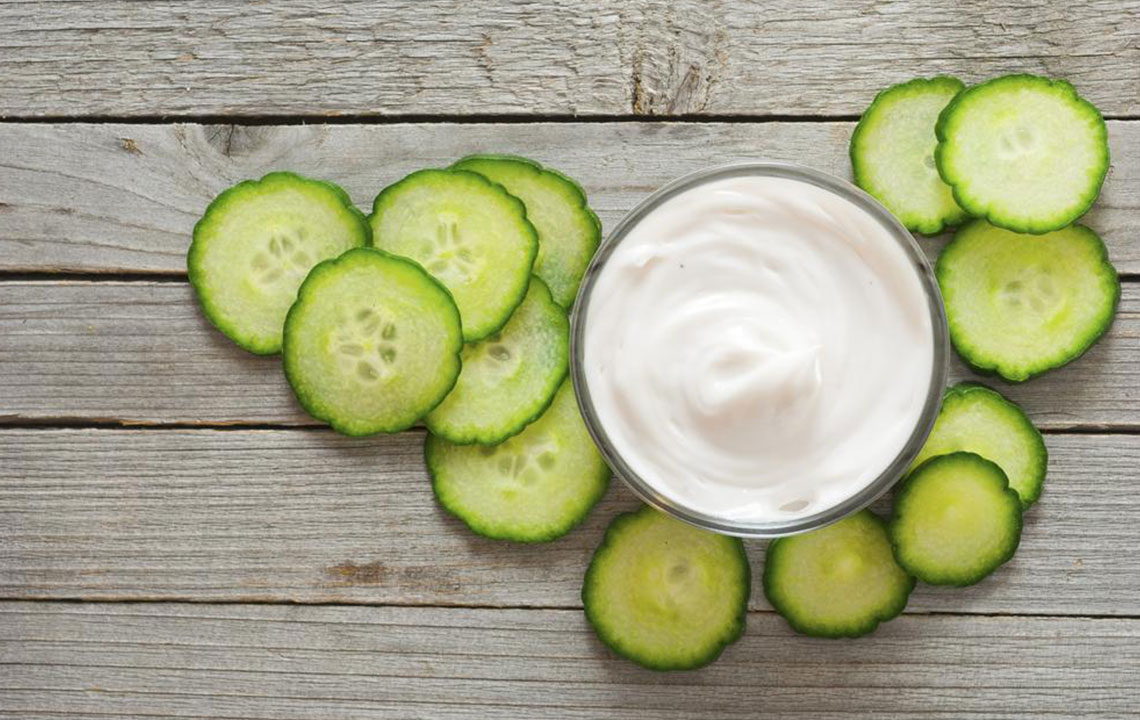Home Remedies to Treat Poison Ivy Rashes Effectively
A serene, natural and green environment is the best therapy that you need. But, one thing you need to be wary of is the poisonous plants that lurk around the corner, waiting to come in contact with you.
Poison ivy is one of the most common allergies that Americans face, with over 50 million people suffering from it each year. Statistics show that about 85 percent of the population is allergic to poison ivy.
Poison ivy contains urushiol, which is an oily resin that is responsible for causing an allergic reaction. Urushiol is found in the roots, stems, and leaves of the poison ivy plant, and when you touch or brush against this plant, you end up with a poison ivy rash.

Symptoms of Poison Ivy: How can you tell?
The symptoms of poison ivy allergy or rash include swelling, itching, and redness in the affected area. You might even experience difficulty in breathing. The rash might turn into blisters. Since the plant has sharp edges, the rash might look like a straight line, as you’ve most likely brushed against it.
Poison Ivy Treatment
Cold compress
Applying a cold compress can help soothe your skin as well as decrease the itchiness and prevent the urge to scratch the affected area. When you scratch the rashes, you tend to make it worse as your skin will get damaged.
Lemon juice
Lemon juice is a natural astringent. Since the oily resin in the poison ivy plant is what causes the rash and allergy, lemon juice can work as an excellent poison ivy treatment. Make sure you apply the lime juice as soon as you come in contact with the poison ivy, and before the oily resin gets into your skin. However, lemon juice can irritate a few people. So, if you fall into this category, avoid using it.
Witch Hazel
Like a cold compress, witch hazel can help reduce itchiness as well. You can directly apply it to your skin or mix it with a little bit of water and dab it on your skin with a ball of cotton.
Alcohol
Applying alcohol immediately after coming in contact with a poison ivy plant can slow down the oily resin from penetrating into the skin. You can rub alcohol on the affected area. The best thing to do is carry it around if you know you will be exposed to a poison ivy plant.
Aloe vera
Aloe vera has many medicinal properties, and it can do wonders in healing a poison ivy rash or allergy. Scrap out the aloe vera gel from the inside of the plant and apply it on the rash. You can buy aloe vera gel from a local store as well. Aloe vera gel will soothe the rash and help get rid of the allergy fast.
Oatmeal
Oatmeal is your go-to treatment for a lot of problems like acne, blackheads, to exfoliate your skin and more. It makes for a great poison ivy treatment as well. All you need to do is grind the oatmeal to make a fine powder, put it into an old, clean cloth and leave it in your bathtub for a while. You can then soak in this for about 30 minutes. If this is too much hard work, just dip the cloth with the oatmeal in a little water and dab it over the affected area. This remedy can bring quick relief from the itchiness. It also reduces the redness and soothes the inflammation that poison ivy allergies cause.
Apple cider vinegar
Apple cider vinegar can help stop the urushiol from going too deep into your skin. It can also help remove it effectively. Apple cider vinegar has a cooling effect on your skin. Dip a ball of cotton into some apple cider vinegar and dab it on your skin as soon as the first signs of a rash or allergy appears.
Baking soda
Baking soda or sodium bicarbonate can work as an excellent cleaning agent. Also, it is the most recommended poison ivy treatment if you’ve developed any blisters. Mix about three teaspoons of baking soda with one teaspoon of water and apply this paste to the rash or blisters. You can then cover the area with a sterile gauze. Do this especially if the blister is oozing. Keep changing the dressing twice or thrice a day till the rash subsides.
Over the counter creams and ointments
There are a variety of creams, ointments, lotions, and drugs that are available. You can use lotions like calamine; it can help soothe the inflammation and prevent the rash from getting worse. Hydrocortisone and other medications that contain zinc oxide can help as well.

